A Firm With a Purpose
Cutting through the noise and influencing policy is more complicated than ever.
Rasmussen Global brings together a team from the highest-levels of government, business, and diplomacy. With main offices in Copenhagen and Brussels, a presence in key capitals including Berlin, Paris, Kyiv, Madrid, and a strong network in Washington D.C., we keep our fingers on the pulse.
We combine geopolitical insights and public policy expertise with cutting-edge communication strategies, allowing us to shape critical policies and get your message across to the audience that matters.
Our work with Ukraine
Most recently, following Russia’s invasion, we have been conducting a pro-bono political campaign for President Volodymyr Zelenskyy on long-term security guarantees for Ukraine. You can read more about the security guarantees in the Kyiv Security Compact.
As the war rages on, Russia’s aggression has already caused some of the largest scale destruction on the European continent since WWII. Yet, when fighting will end, Ukraine is poised to become Europe’s biggest and most transformative reconstruction project. Given Ukraine’s land mass and the scale of the damage, the reconstruction efforts will require an unprecedented level of resources and capacity to manage a highly complex range of conflicting priorities and stakeholders.
How we help
The United States Must Be the World’s Policeman
By Anders Fogh Rasmussen
Barely had I been seated before Vladimir Putin told me that NATO—the organization that I then headed—no longer had any purpose and should be disbanded. “After the end of the Cold War, we dissolved the Warsaw Pact,” he said. “Similarly, you should dissolve NATO. That is a relic from the Cold War.”
During my visit to Moscow in December 2009, I sensed that President Putin was challenging the world order that the U.S. created so successfully after World War II. Beginning in 2014, he invaded Ukraine and launched a military action in Syria.
From my former positions as prime minister of Denmark and secretary-general of NATO, I know how important American leadership is. We desperately need a U.S. president who is able and willing to lead the free world and counter autocrats like President Putin. A president who will lead from the front, not from behind.
The world needs such a policeman if freedom and prosperity are to prevail against the forces of oppression, and the only capable, reliable and desirable candidate for the position is the United States. The presidential elections thus come at a pivotal point in history.
- The Middle East is torn by war. In North Africa,
- Libya has collapsed and become a breeding ground for terrorists.
- In Eastern Europe, a resurgent Russia has brutally attacked and grabbed land by force from Ukraine.
- China is flexing its muscles against its neighbors—and
- the rogue state of North Korea is threatening a nuclear attack.
In this world of interconnections, it has become a cliché to talk about the “global village.“ But right now, the village is burning, and the neighbors are fighting in the light of the flames. Just as we need a policeman to restore order; we need a firefighter to put out the flames of conflict, and a kind of mayor, smart and sensible, to lead the rebuilding.
- Only America can play all these roles, because of all world powers,
- America alone has the credibility to shape sustainable solutions to these challenges.
- Russia is obsessed with rebuilding the empire the Soviet Union lost.
- China is still primarily a regional actor.
- Europe is weak, divided and leaderless.
- The old powers of Britain and France are simply too small and exhausted to play the global role they once did.
This is not simply about means.
It is also about morality.
Just as only America has the material greatness to stop the slide into chaos, only America has the moral greatness to do it—not for the sake of power, but for the sake of peace.
Yet the U.S. will only be able to shape the solutions the world needs if its leaders act with conviction. When America retrenches and retreats—if the world even thinks that American restraint reflects a lack of willingness to engage in preventing and resolving conflicts—it leaves a vacuum that will be filled by crooked autocrats across the world.
The Obama administration’s reluctance to lead the world has had serious consequences, and none is graver than the behavior of Mr. Putin. While Europe and the U.S. slept, he launched a ruthless military operation in support of the Assad regime in Syria and tried to present Russia as a global power challenging the U.S. in importance. In Europe, he is trying to carve out a sphere of influence and establish Russia as a regional power capable of diminishing American influence.
These are only a few examples of what is now at stake as autocrats, terrorists and rogue states challenge America’s leadership of the international rules-based order—which was created after World War II and which secured for the world an unprecedented period of peace, progress and prosperity.
- American isolationism will not make the U.S. and other freedom-loving countries safer and more prosperous, it will make them less so and unleash a plague of dictators and other oppressors.
Mr. Rasmussen, a former prime minister of Denmark and a former secretary-general of NATO, is the author of “The Will to Lead—America’s Indispensable Role in the Global Fight For Freedom,” out this month from HarperCollins/Broadside Books.
Source: The Wall Street Journal
__________________________________________________________________________
__________________________________________________________________________
ABOUT A YEAR LATER
Former NATO Chief Anders Rasmussen: What's at stake as U.S. Debates Million$$$$$$ More Military A id for Ukraine
NATO countries ‘could send troops to Ukraine in coalition of the willing’ former alliance chief warns

Baku, June 8, AZERTAC
A number of NATO countries could send troops to Ukraine if the war-torn country is not given security guarantees at a forthcoming summit, a former secretary-general has warned, Independent.co.uk reported.
Anders Rasmussen said that even if such guarantees were not agreed, members of the alliance would not allow the issue of Ukraine’s future NATO membership to be kept off the agenda at the Vilnius summit in July.
“If NATO cannot agree on a clear path forward for Ukraine, there is a clear possibility that some countries individually might take action,” Mr Rasmussen said.
“We know that Poland is very engaged in providing concrete assistance to Ukraine.
“And I wouldn’t exclude the possibility that Poland would engage even stronger in this context on a national basis and be followed by the Baltic states, maybe including the possibility of troops on the ground.”
“I think the Poles would seriously consider going in and assemble a coalition of the willing if Ukraine doesn’t get anything in Vilnius,” he continued.
“We shouldn’t underestimate the Polish feelings, the Poles feel that for too long western Europe did not listen to their warnings against the true Russian mentality.”
The former secretary-general claimed it would be legal for Ukraine to seek such military assistance.
Mr Rasmussen said Ukraine should receive written security guarantees, including intelligence sharing, joint training, enhanced ammunition production, and a supply of arms sufficient to deter Russia from a further attack, ahead of the summit.
During a trip to Moldova for a gathering of European leaders last week, Rishi Sunak said Ukraine’s “rightful place” is in Nato.
- Mr Stoltenberg has previously stated Ukraine will eventually become a NATO member but said the country’s membership is a “long-term perspective” for when the Ukraine-Russia war is over.
- Russia maintains that Ukraine’s accession to the alliance would be a “serious, significant threat to our country, to our country’s security”.
It comes after the Nova Kakhovka dam, which lies along the Dnipro river in Russia-held Kherson, was blown up on Tuesday and collapsed soon after, sending water gushing into nearby villages and towns in the region with a 42,000-strong population.
The UN said the collapse will have “catastrophic” and “far-reaching consequences” for thousands of people with the loss of homes, food, safe water and livelihoods even as Russia and Ukraine traded accusations over the incident.


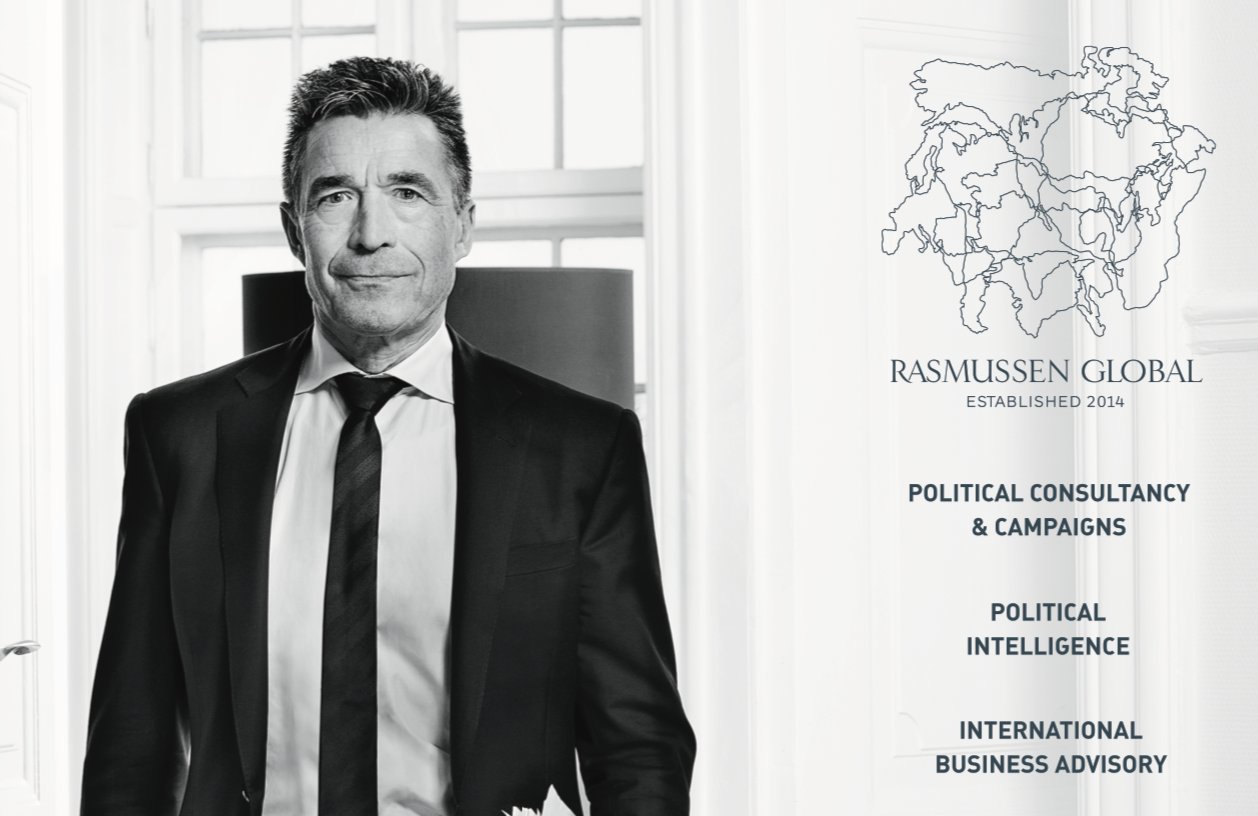



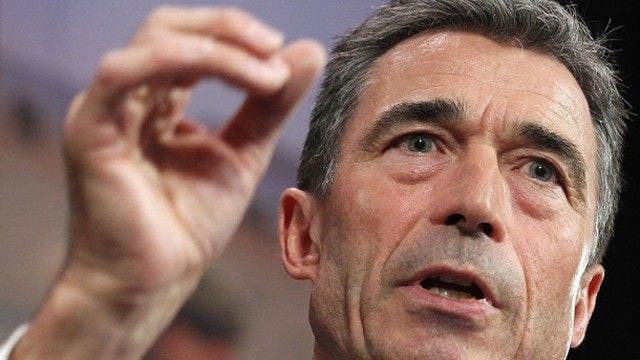


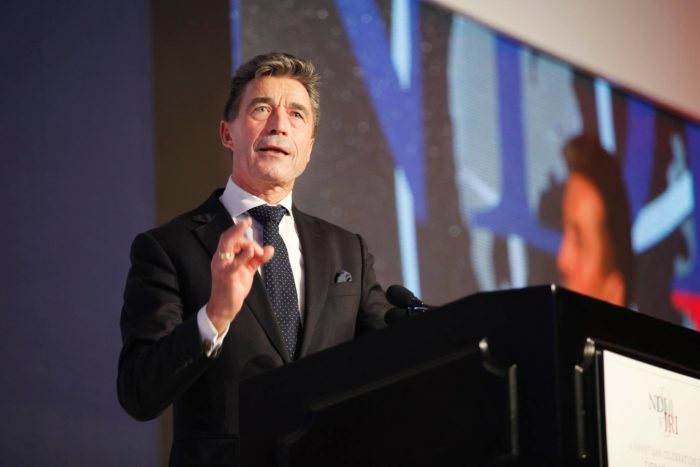
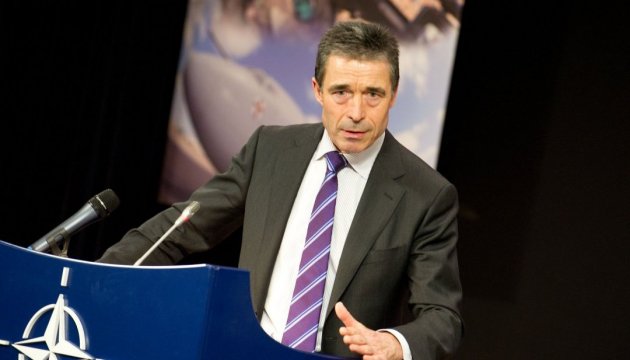
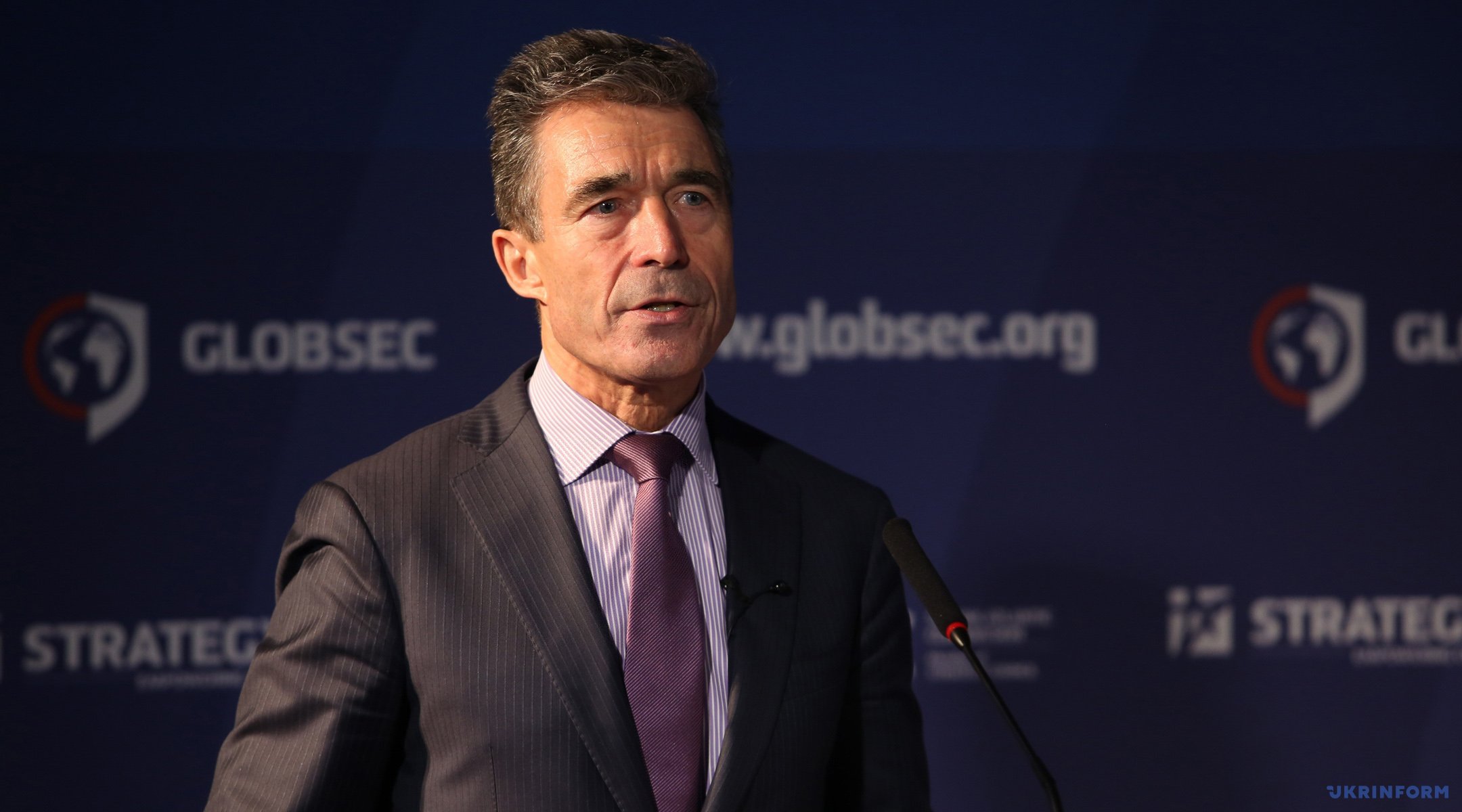




No comments:
Post a Comment